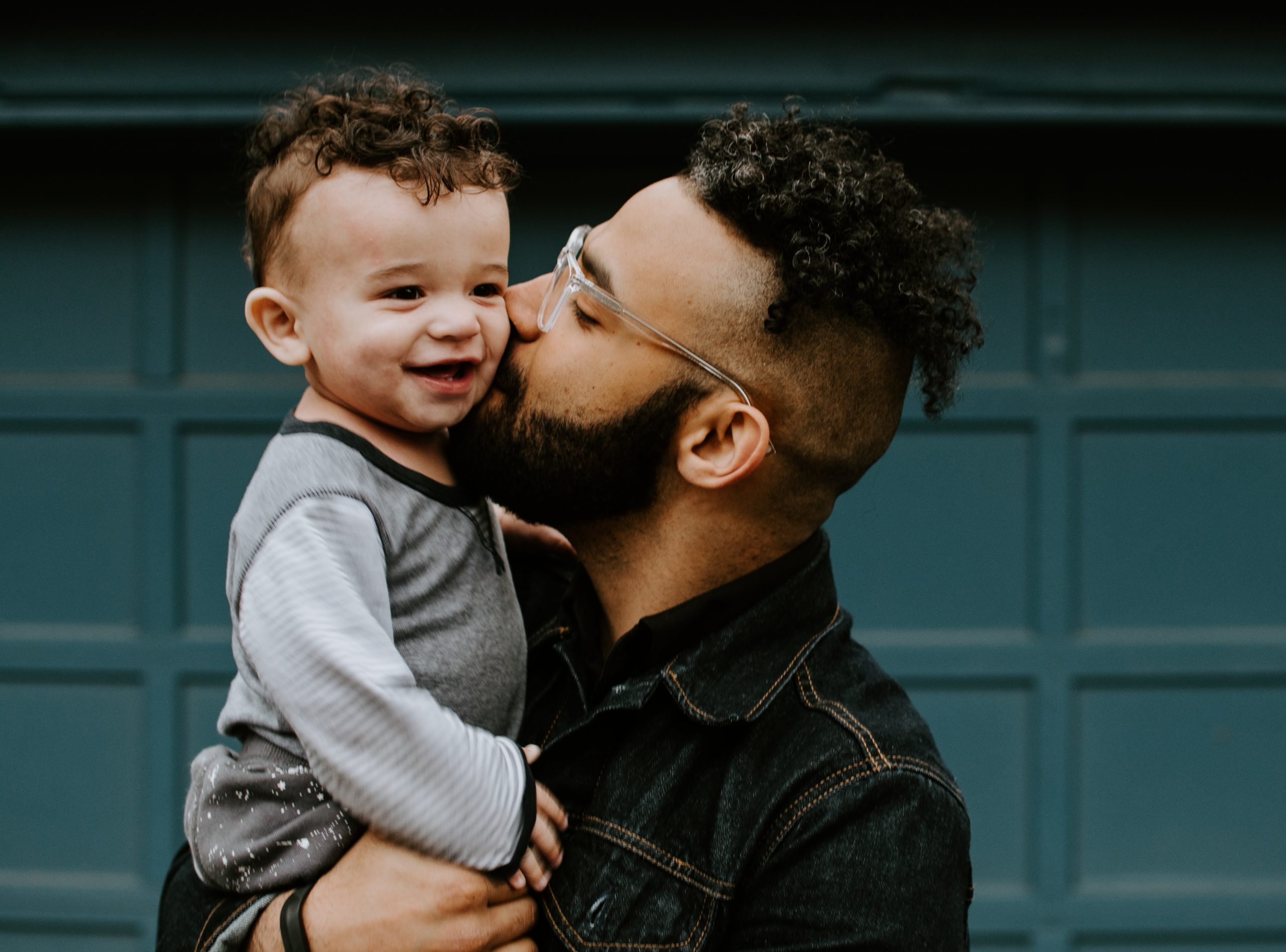Where Did I Come From? How to Talk to Your Child About Surrogacy
If you are expecting a child through a surrogate birth (congratulations!), it’s important to think about how you plan to talk to your child about surrogacy. At PNWF, we follow the American Society for Reproductive Medicine’s (ASRM) guidance by encouraging parents to tell surrogacy-conceived children about their beginnings. We also recognize that sharing is a personal decision.
This topic can seem daunting, but it may be easier than you think! Here are reasons we recommend talking to your child about surrogacy, and tips for telling them in age-appropriate, affirming ways.
Why Should I Tell My Child About Their Surrogacy Story?
In general, the ASRM strongly recommends that parents of children conceived through assisted reproduction share their origins with them. With gestational surrogacy, there are fewer considerations about your child’s right to their biological medical history (compared to donor-conceived children), but their birth is still an important part of their life story. Studies suggest that accidentally discovering details of their conception can damage a child’s sense of identity. On the other hand, learning about their surrogate birth early on doesn’t seem to negatively impact kids.
Practically speaking, it’s very hard to keep a surrogate birth a secret forever, especially since your friends and family will most likely know. Secrets can be damaging to both the parents and the child. If you talk to your child about their surrogacy story early and often, you can make it just one part of their identity, something they have always known and accepted about themselves.
When Should I Tell My Child About Their Surrogate Birth?
The most common guidance is to begin talking to children about their surrogacy birth story during their preschool or school-age years, or even earlier–and definitely before they go through puberty. Puberty is already a difficult time for children’s sense of identity and belonging. Discovering new information about their origins at this time can add to those struggles.
If you start these conversations very early, your child grows up always knowing the truth about their birth. By having regular, age-appropriate family conversations, they can simply accept the information as part of your family’s unique story.
How Do I Talk to My Child About Being Born Through Surrogacy?
Stay positive and proud, but don’t make it too big a deal – being surrogacy-conceived is just one part of your child. Start with the basics:
- There are many different kinds of families.
- To make a baby, you need three parts: an egg, sperm, and a uterus for the baby to grow.
- Sometimes parents need help to make a baby, if they are missing some of the parts or if theirs don’t work right.
- A kind person, called a surrogate, helped me by growing you and keeping you safe in their uterus.
- I love you very much! I am so grateful to our surrogate so you could be a part of this family!
It can help to create a Surrogacy Story and start telling it to your child while they are an infant. This lets you practice the story and become comfortable sharing it before they are old enough to understand. You can also put it into a baby book, with pictures of you and/or your partner as you get ready to welcome your child, pictures of the surrogate, and a written story of all the people who helped bring your child into the world.
Very young children may not have much interest or curiosity in this story at first. Having a baby book gives you something to come back to as they get older and may have more questions about the process or the surrogate. Remember that talking about your child’s birth story will be a series of conversations, not a single discussion.
What if My Child Wants to Know More About the Surrogate?
Surrogacy-conceived children are often curious about the person who helped with their birth. With surrogacy, parents often form a relationship with their surrogate during the pregnancy, which may continue after birth. You and your surrogate should discuss this during the matching process and agree on what level of contact everyone is comfortable with during and after the pregnancy and throughout your child’s life. You may become close friends with your surrogate, so your child knows them as a dear family friend. Or they may agree to be contacted if your child would like to meet them. Whatever the circumstance, know that your child’s potential interest in the surrogate does not affect your role as their parent, or your love and support for each other.
Suggested Reading for Talking to Your Child About Surrogacy
Story books are a great way to have this conversation! Here are some suggested books to read with your child:
- Assisted Reproduction: Books for Children (book list, continually updated)
- Celcer, I. (2007-2019). The Hope & Will Collection (includes books for egg donation, sperm donation, & surrogacy for heterosexual, LGBT+, and single parents)
- Pellet, S. (2006) The Kangaroo Pouch: A story about gestational surrogacy for young children
We are happy to provide additional resources and guidance for these conversations – reach out to us today!


